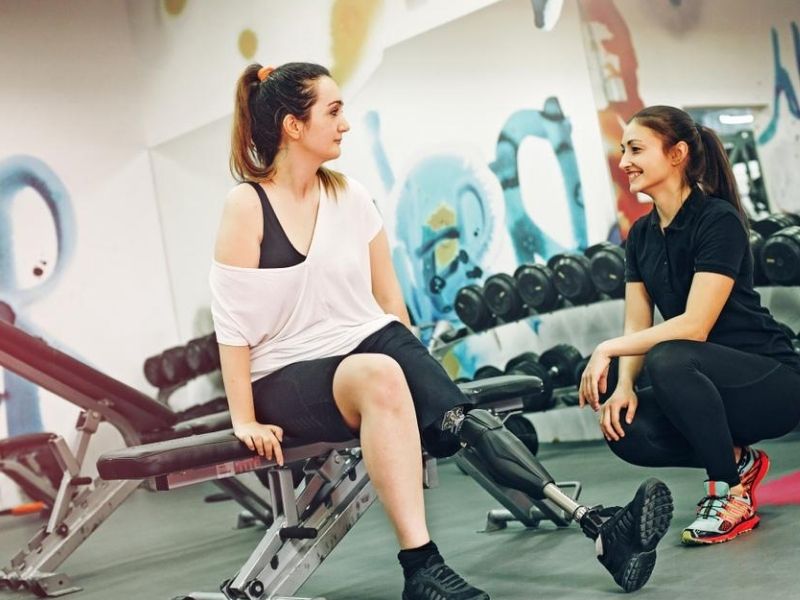Coping With A Permanent Disability After A Car Accident
Anger, sadness, despair — these are all normal things to feel after a car accident, especially if that accident left you disabled. Even after all the fingers have been pointed, the Denver DUI defense lawyers duke it out in court, and the legal battles are wrapped up, the pain of becoming disabled can still cut deep. Learning to cope is paramount if you want to be able to continue on and adjust to your new reality. There are many emotions you’ll need to sort through, and these are some tips that can help.
Dealing With Feelings
A sudden disability can stir up a whole host of negative emotions, with anger being one of the most prominent. You may well find your temper flaring up and could possibly experience a chronic state of rage that pushes your loved ones away. It’s not conscious, in all cases, but they can tell when anger is the only thing you feel and will distance themselves as a result.
Coming to grips with your anger will require you to exercise some patience. Your inclination might be to snap at anyone who comes near over the slightest offense (because you are angry). Start by recognizing that you aren’t truly mad at other people — you’re angry because of your disability, and the people in your life don’t deserve to be treated poorly because of that.
The other big feelings you’ll experience are sadness and depression. In milder forms, they may take you out of things for a while, but you’ll still be able to get back on track after working through your feelings alone. If your depression is clinical, however, it may require more attention to deal with, as it comes with a whole host of negative symptoms (including thoughts of death and suicide).
Generally speaking, it takes a combination of medication and psychotherapy to deal with major depression, but finding the right medication is often a process of trial-and-error. During this period of adjustment, it’s important that you keep the lines of communication open with your support network, and allow yourself to accept help to get you where you need to be mentally and emotionally.
Continue Adapting
It’s important to establish some kind of normalcy to help adjust to a new, post-accident life. Establishing a routine, having hobbies and activities, and pairing these with a great support network and excellent communication are all key to adapting and getting on with life. Remember, don’t push the people who care away — allow them to help and welcome them as a part of your everyday adjustment process.

